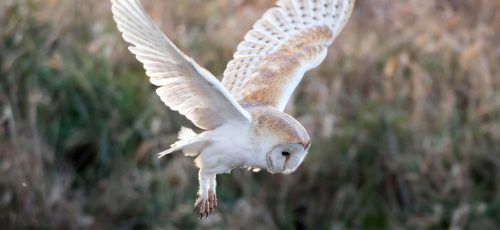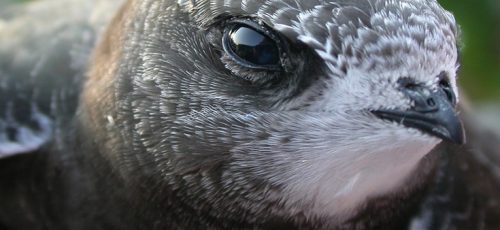- Projects
The Life with Vultures project
The LIFE with Vultures project
A targeted effort to minimise the risk of extinction to Griffon Vultures started in 2019 through the LIFE with Vultures project. In this four-year endeavor (2019-2023), BirdLife Cyprus (coordinating beneficiary), the Game and Fauna Service, Terra Cypria – The Cyprus Conservation Foundation and the Vulture Conservation Foundation have joined forces to tackle the main threats facing the Griffon Vulture and prevent Cyprus’ most threatened bird of prey from going extinct.
The project includes actions against the use of poison baits, actions to counter collisions with overhead power lines, as well as actions to increase feeding opportunities for the provision of safe supplementary food to the vultures. Through this project, Griffon Vultures will be brought from Spain for release in Cyprus, in order to strengthen the extremely diminished Cypriot population.
Another key aspect of the project is the implementation of a coordinated and targeted awareness-raising campaign, both in local communities falling within the Griffon Vulture range as well as island-wide, to spread the message of the importance of the Griffon Vulture and the problems posed by poisoned baits in the countryside.
The project has a €1,375,861 budget and is co-funded (60%) by the EU’s LIFE programme.
Find out more about the Griffon Vultures of Cyprus and what the LIFE with Vultures project team is doing to save the species from extinction at lifewithvultures.eu
Why are Griffon Vultures in Cyprus in danger?
The Griffon Vulture is currently facing a high risk of extinction in Cyprus. The species was once a common sight in Cyprus and it is estimated that in the 50s, the population numbered several hundred birds. Today, according to the latest population census (winter 2019), the population stands at 20 vultures, representing a 94% decrease.
The reasons behind the decline are many and complex, with poisoning being the number one threat that has caused mass killings in the past and continues to be responsible for Griffon Vulture deaths. Poison baits are mostly used to control predators, protect game areas and harvesting as well as a mean to resolve human-human conflict (i.e. prevent hunting from certain areas). Vultures, although not the target, are the most susceptible to fall victim to poisoning due to their obligate scavenging and social feeding behavior which means that large numbers can be poisoned at a single laced carcass.
Another reason for the population decline is food shortage due to changes in grazing system (less free-range grazing), and changes in carcass disposal (livestock breeders are obliged to take livestock carcasses to specifically designed processing plants for disposal (EU Animal By-products Regulation; CE 1774/2002).
Disturbance to breeding colonies, habitat loss and collisions with electricity wires are also factors that negatively affect the population survival.
Visit the project website at www.lifewithvultures.eu to learn more about the project.




